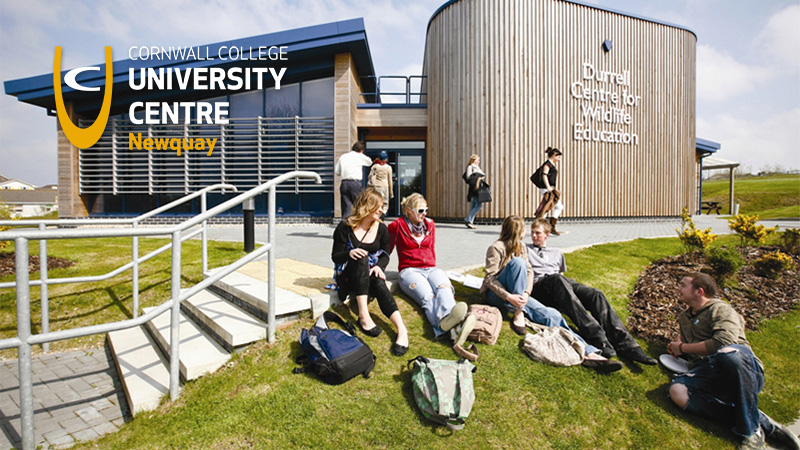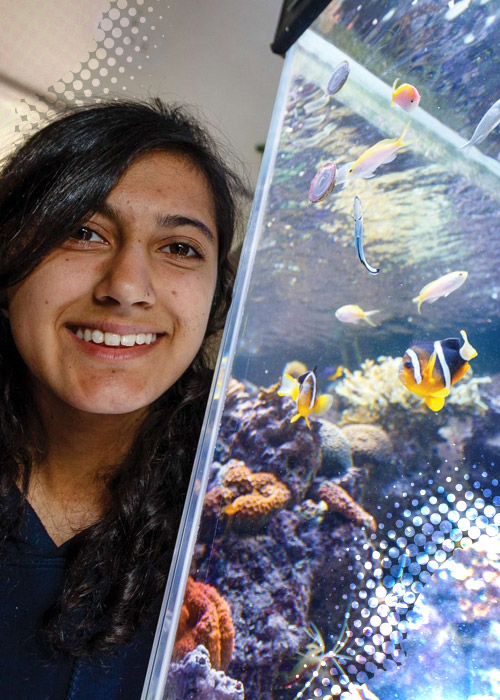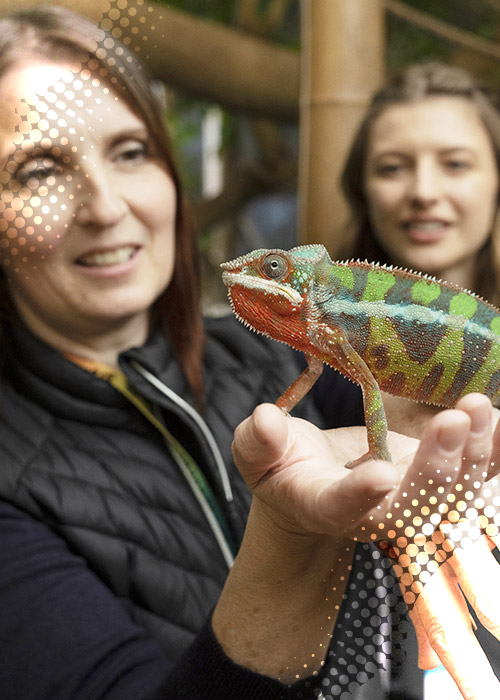The Science Gateway course includes modules designed to prepare you for Higher Education. These modules will be assessed in a range of ways, including essays, reports, exams, presentations, and practical tasks.
Foundation Biology (30 Credits)
This module introduces learners to the key principles in biology – no prior knowledge is required. The module also provides a range of opportunities to complete laboratory practical work. Learners will develop competence in key practical techniques and build confidence in a laboratory setting.
Foundation Chemistry (30 Credits)
This module introduces learners to the key principles of chemistry – no prior knowledge is required. Beginning with atomic theory the module progresses to chemical bonding and organic chemistry. Finally, the module includes an introduction to environmental chemistry with a focus on plastics and pollutants. Theory is supported by practical work.
Fieldwork Techniques (20 Credits)
This module introduces basic ecological concepts such as biomes, nutrient cycles, food webs, and the classification of plants and animals. It also provides a range of opportunities to plan and undertake field surveys. Learners will phrase and test hypotheses, develop competence in key practical and analytical techniques and build confidence in field settings.
Research Techniques (20 Credits)
This module encourages students to engage with the primary literature, becoming comfortable with identifying appropriate sources and articles, interpreting and extracting relevant information, and communicating that information through different methods.
Study Skills for HE (20 Credits)
This module helps refresh basic mathematical and literacy skills needed to start in Higher Education and develops research and study skills needed for success.


 Officially Outstanding - Read More
Officially Outstanding - Read More



